Lubricating the machinery of democracy (or what I learned from KDKA’s legendary Bill Burns)
May 1, 2023
We cannot truly control our destiny without a free press digging for the truth
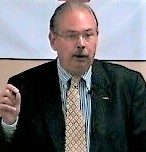
My first job in TV news was at KDKA-TV in my hometown of Pittsburgh. No one was more surprised than I to find myself working in the first TV station I’d ever seen and with a desk next to the first anchorman (and probably the first person) I’d ever seen on television. Bill Burns owned the Pittsburgh news market. He’d been on the air since 1946 and was a true pioneer in the field of TV news. He was handsome, impeccably groomed, had a wandering eyebrow that added a certain Irish mirth or irony to his reporting, was popular with the ladies as well as the men, and was the biggest star in the Pittsburgh news firmament.
To say I was intimidated when I took a desk next to a legend would be a gross understatement. I addressed him only when absolutely necessary and then only as “Mr. Burns” until invited to call him Bill. Burns had a way of evaluating each new entry into the newsroom that was silent, subtle, and very deliberate. He quizzed each rookie in a way that was non-confronting, but very direct. It was a basic “who are you and why are you here?” sort of grilling that you had to pass in order to keep your job, for it became very clear after only a few days that if Burns didn’t want you in the newsroom, you wouldn’t be there for very long.
Copy had to be absolutely clear, concise and accurate. Burns knew every politician in the city, seemed to know every cop on the beat, knew the background and history to every story and, if you were going to contribute to his newscast, you had to be up to speed and know how to ask the right questions before handing him a story. It was a test, more difficult than anything I’d gone through in the Army and, in a way, very exhilarating, knowing that my work was being scrutinized by the top man in town.
The only way you learned if you’d passed Burns’ test or not was the subtle initiation of a nickname, like the dubbing of a knight or princess. If Burns granted you a nickname, you were in. It was that simple. People never named by Burns just seemed to fade away.
After I faced the test every day for about a month, Burns started calling me “Pavalouch,” and I (and the rest of the newsroom) knew I was in. It was a major turning point. I’d passed the test. And that began a relationship that I value to this day. Bill Burns became a mentor who established values and skills that I admire and try to emulate to this day.
Burns didn’t talk much about himself. A man with a powerful public persona, he was a very shy and private person. He walked with the aid of a metal brace on one leg, the result of a German shell hitting the barn where he was sleeping a few days after he’d walked onto the beach at Normandy. We could hear him coming down the hallways as a result of the brace and the distinctive sound it made on the marble flooring. Some of the KD wags referred to him as “Captain Clink,” but never to his face. He didn’t talk about his injuries or handicap, hated being approached on the street by adoring and always-curious fans, and developed a wry and sarcastic sense of humor that defended him from intrusions he found too personal.
(This article is continued online at CFVTS.ORG. Mr. Paolicelli tells us the lessons learned from the “legendary Bill Burns” such as his experience in fighting in WWII, the role of media and a free press, and how “…we should allow the public to know of the frustrating and challenging path we walk in search…” for truth.)
Online only.
After a couple of years of sitting next to him as we put together the 11 p.m. news each evening, Burns granted me an intimacy that few in the newsroom were ever granted. Maybe it was because I was a vet, or because I was the same age as his son, or maybe it was because I was a native of Pittsburgh and shared his fascination and commitment to the intrigue of our local politicians and public figures (my uncle was on the city council) or maybe it was because of my obvious respect and admiration for his work, but he shared stories with me that he shared with few others.
One night when just the two of us were in the newsroom, the police scanner constantly crackling in the background, he told me about his war experiences. He told me of his fear when entering battle, of the terror on the front lines, of having to confront and bayonet a German soldier while trying to advance through a French hedgerow. He talked about the horror of war and told me that the true heroes of his war were the men who never came home.
The only thing I could offer during those conversations was an open ear and complete attention. He asked me about my experiences in Germany, where I’d been stationed about 30 miles from the East German border. We talked about the Cold War and America’s role in the peace of Europe. Maybe that was the initial bond? But I heard stories no others heard and treasure those stories to this day.
Burns also talked eloquently about the role of media and the free press. Not in a pontifical or pulpit manner, but in a conversational way that only a man with a firm understanding of his world and experiences can communicate.
“Pavalouch,” he said, “what we do is important. I’ve seen the world at its worst. The first thing the Nazis did was shut down the free press. They lied to their own people and we had to go over there and fight and die to show the truth to the German people and the rest of the world. If that war was about anything, it was about truth. And if our work is about anything, it’s about truth.”
I’ve never forgotten those words. I would go home after our talks and write down what I could remember. Burns had and shared a profound belief in the efficacy and significance of our profession. He converted me into a true believer, convinced me that we were about far more than Nielsen ratings, notoriety and popularity. “The free press is the oil in the machine of democracy,” he said. Words I wrote down and tried to live by.
And those are words that are especially important now. American news organizations have never been under attack before like they are now on a variety of fronts. We have “news” networks dedicated to political rhetoric and partisan points of view. We have people on the public payroll whose job it is to share critical information about our public officials who interpret that job as a partisan role and consider those of us asking the critical questions to be part of the “opposition.” We have politicians demeaning and ridiculing our coverage, our very intent.
I don’t think there’s ever been a more critical or essential moment for us to explain our role in serving the public. It’s time for us to reassert on a daily basis to our audiences that our role is really quite simple: We search for truth. And that search is bumptious and imperfect and often in need of revision, but that it’s truly in the public interest to conduct that search.
Ratings should never be the goal. Readership should never be the goal. Popularity should never be the goal. Face time should never be the goal. Only truth. And we should allow the public to know of the frustrating and challenging path we walk in our search.
Bill Burns knew what he was fighting for in World War II. He knew what he lost a leg for, what his buddies died for and what his enemies died for. He knew that the ultimate goal of that war was not political domination, but a free and open society for all people; a society made possible only if people knew what was really happening in their communities, country and world; only if people learned the truth through a free and unfettered press.
Now it’s time for we in the press to remind ourselves and the public of that truth.
Paul Paolicelli is a writer, journalist, former television news director and former board member of the Radio Television Digital News Association, for which he wrote this remembrance (rtdna.org).

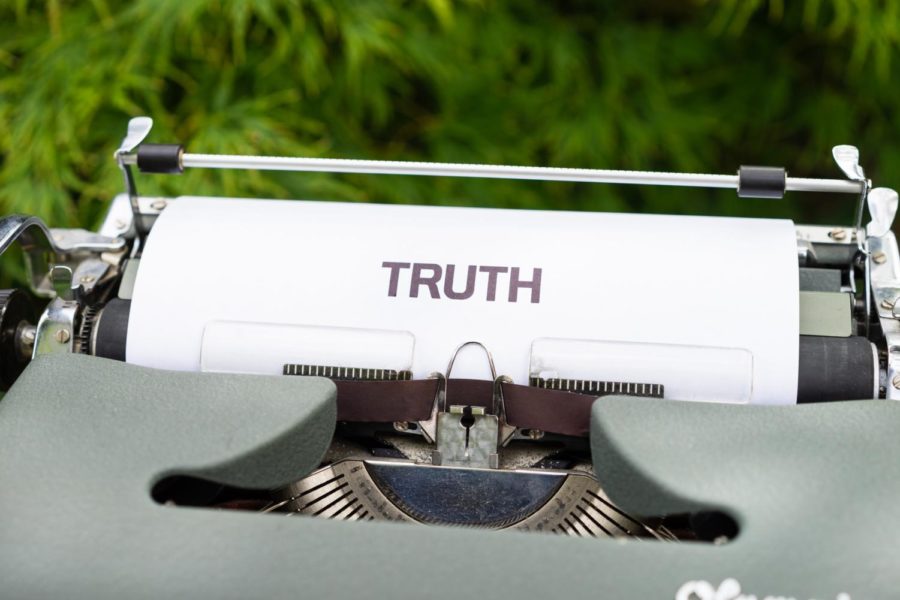
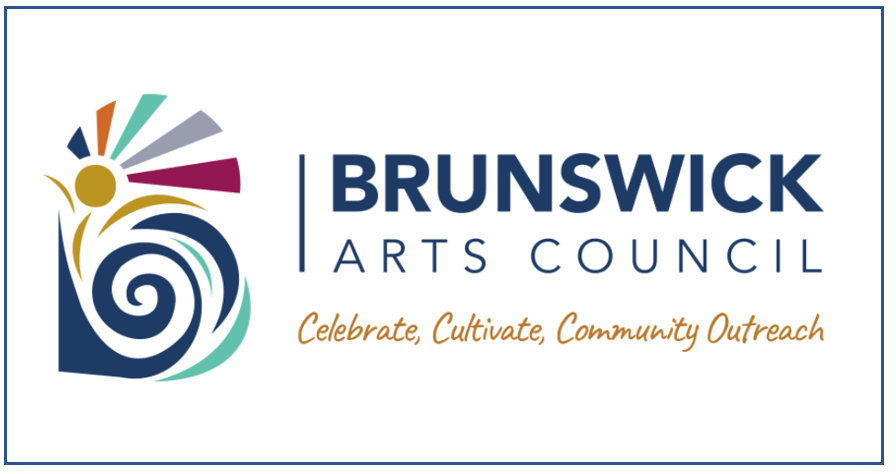


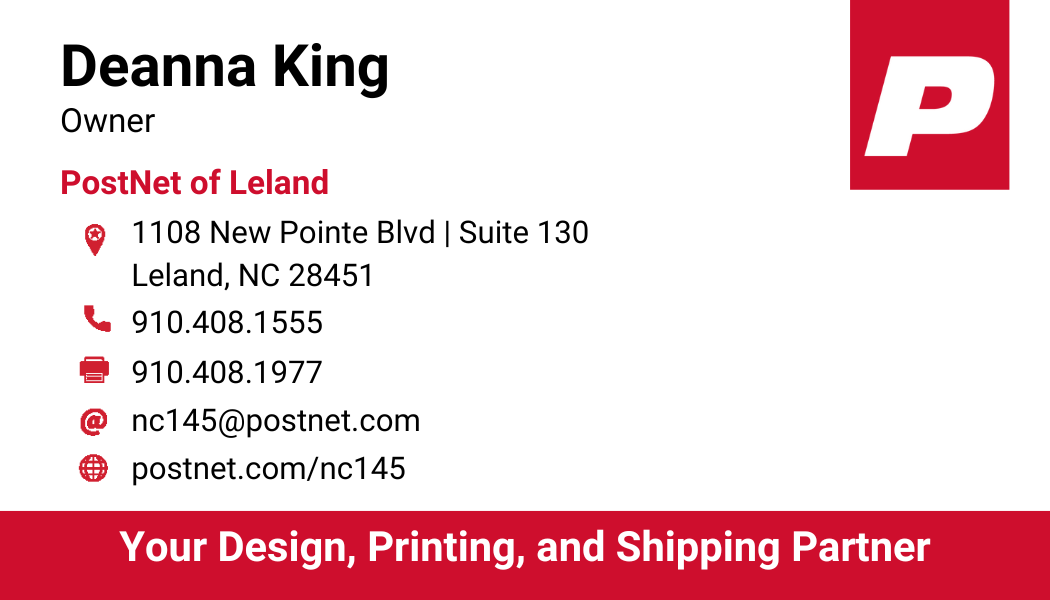
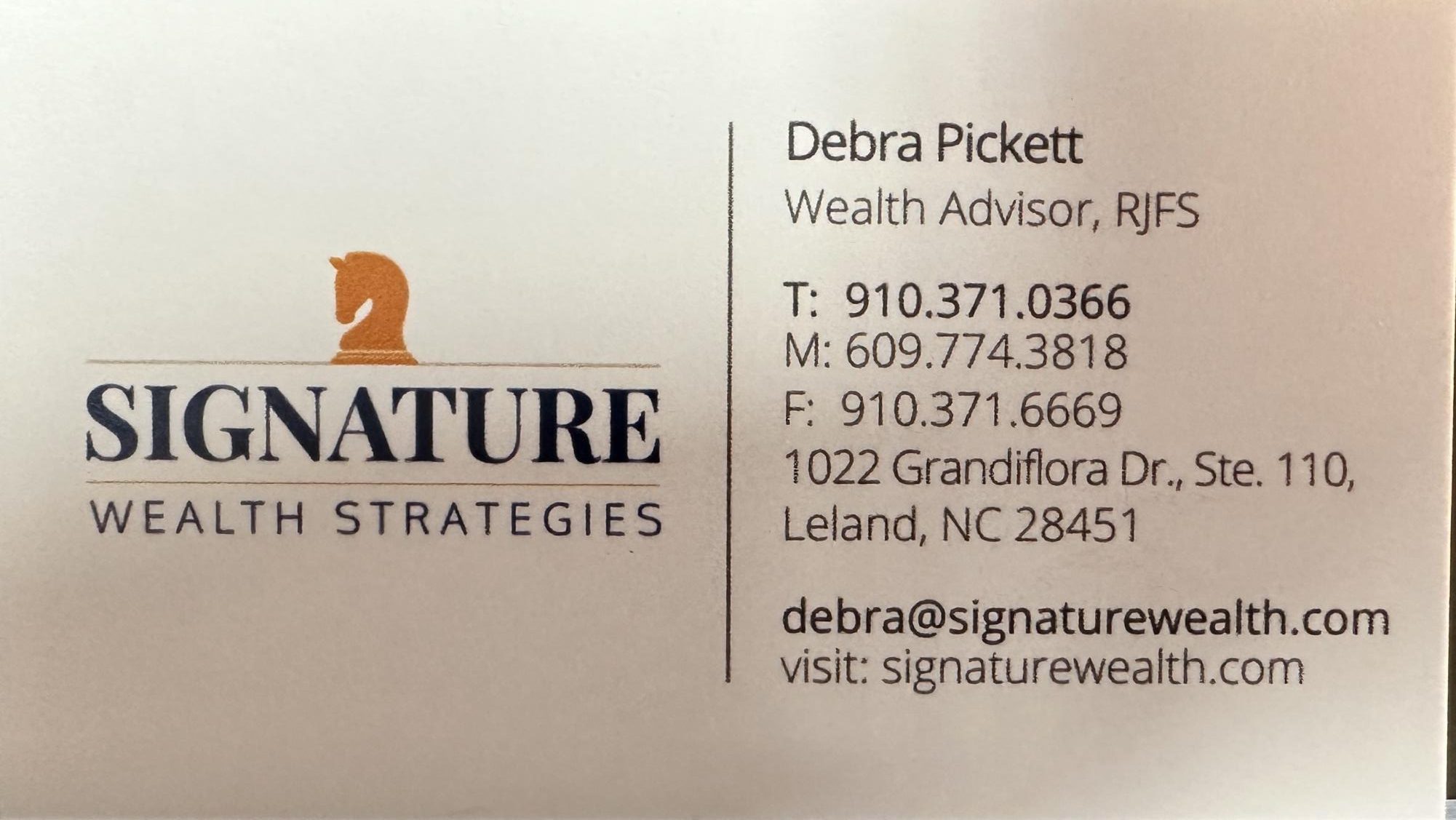






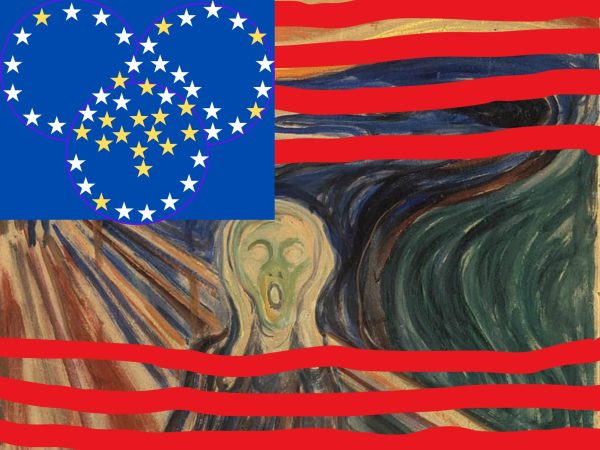

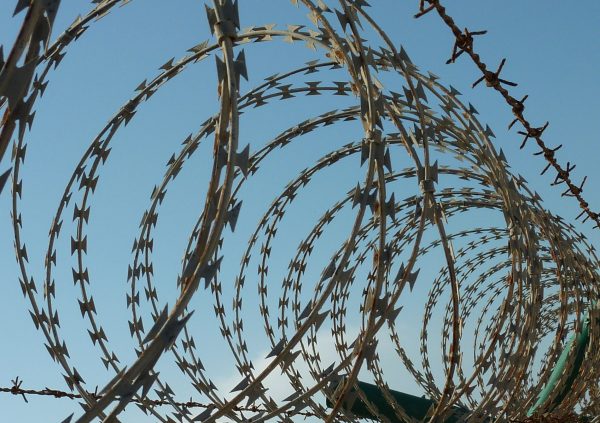
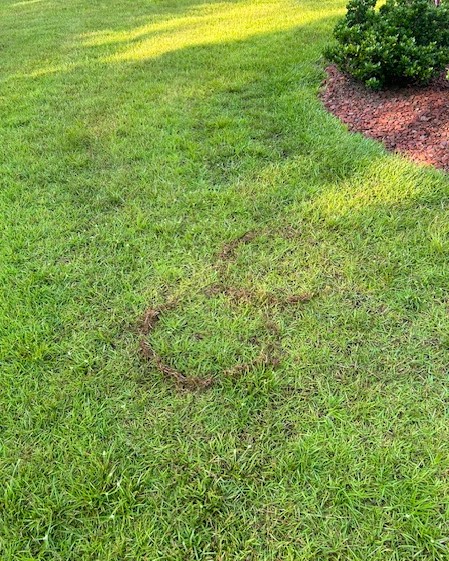
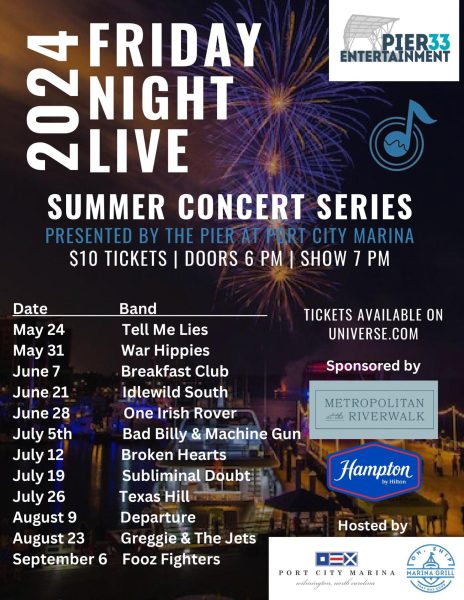
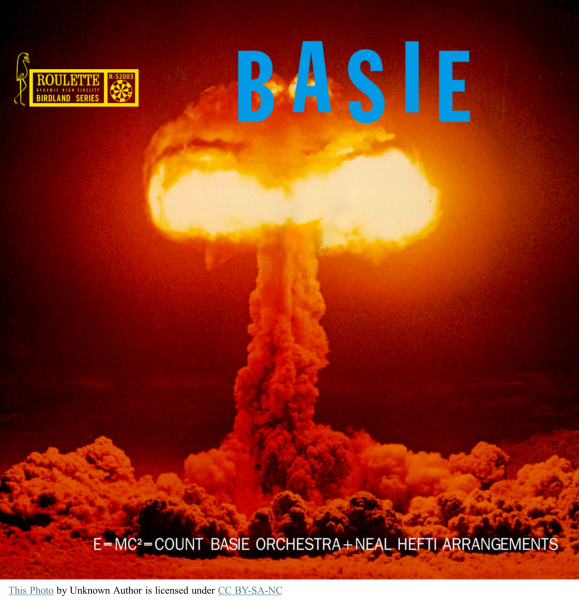

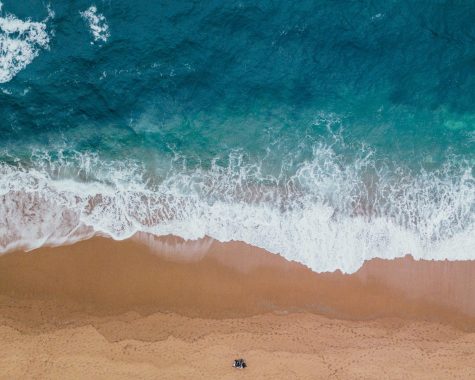
Louann • Sep 15, 2023 at 5:03 pm
Excellent article! Thank you. We used to live in Pittsburgh and we always watched KDKA and Bill Burns. Loved Patti too.
Lynn Harasin • May 26, 2023 at 11:43 am
Beautiful Paul. Thank you.